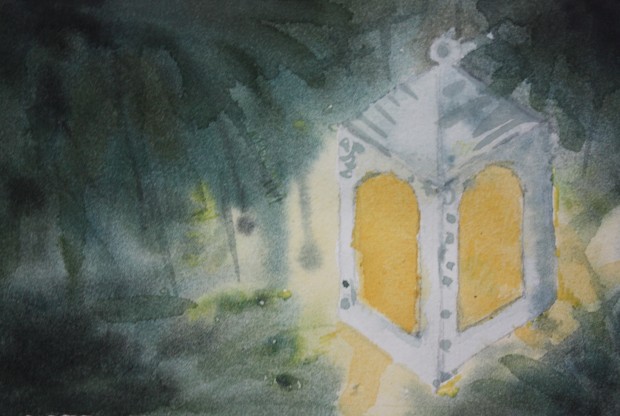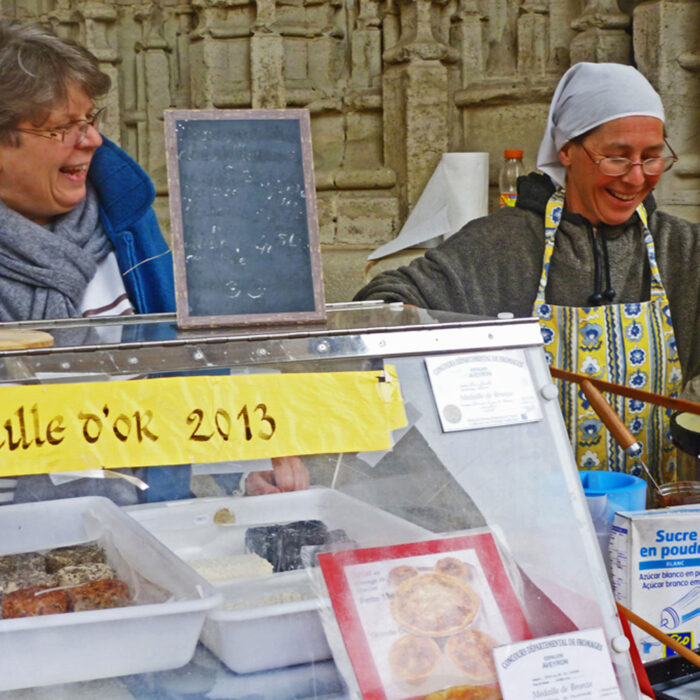You have no items in your cart. Want to get some nice things?
Go shopping
He reads in a high voice, head thrown back, book held by hands that tremble with excitement, eyes glowing, indignant, provoking, challenging. I remember. “Friends, Romans…”, a passage full of irony, sadness and anger; a noble soul protesting against injustice and working the mob at the same time – telling us that nothing is quite as it seems, or black and white, that life is meaningless unless it is passionate, that we must be prepared to love and hate with burning intensity. I remember gentle Mr Prasad, teacher of English, transforming into a mighty actor, creating moments larger than life every time he read Shakespeare to us.
A majestic old tree covers the sky with an overhang populated by monkeys, birds, the more-than-occasional snake and roots that fall to earth, burrowing into the black soil and creating wings: theatrical entryways for young actors as they listen open-mouthed to a director telling them that “this is the tree, and this is the forest where we will play the play within the play in A Midsummer Night’s Dream”. I remember our dubiousness – surely the director was crazy. But when we the villagers – Nick Bottom and all – emerged from mango groves around the tree holding burning lanterns to enact the rehearsal scene in the forest, my skin prickles with excitement. I remember being overwhelmed by the magic of a living theatre.
Stratford-upon-Avon is my Mecca, the source of literature that explicates universal truths more potently than anything before or since, home of the bard whose poetry, drama and wisdom I devoured as a young man; certainly nothing to do with the dubious legacy of colonial masters my parents fought so hard to rid our country of (even as they quoted Hamlet and Julius Caesar fluently). I remember a sleepy little town with its narrow river – is that a river or a stream I ask myself – picture-perfect swans, quaint houses, shops and restaurants that shut by 6, leaving me to find refuge in a pizza chain. The bard’s home itself seems tiny, with low ceilings and small rooms, but the pilgrim is not distracted by human scale or the hordes of tourists more intent on Shakespeare T-shirts, faux quill pens and printed mugs. I remember that evening watching the Royal Shakespeare Company perform Antony and Cleopatra, a play I’d read several times but never seen on the stage, and an English friend asking in a low whisper: “You actually enjoy this stuff?“
We are talking about the origins of the song and dance routines in Indian cinema, and our addiction to high drama and emotion when we tell our stories. I remember the folk theatre traditions that first coloured our great epics and then our cinema, determining our visual and aural aesthetics. The audience has to be seduced at multiple levels: excessive emotion, drama, fundamental conflicts, a philosophical view of life and surrender to destiny. I remember asking: “So, do you think Shakespeare was Indian?”
We are older now, seasoned practitioners of theatre – or so some may say, because they want us to travel to the bard’s country with our version of a Shakespeare play renowned for being “problematic” (hoping perhaps that we can find the solution?). I remember being daunted and exhilarated at the same time, unable to express the depth of feeling properly to friends, who grasp the “honour” and “prestige” but not the weight of childhood dreams, or the debt to so many teachers, directors and storytellers. The bard appears one night, with mischief in his eyes, whispering: “Make me your own and all will be well, because all stories are the same in the end and it’s really the storyteller who makes the difference.” I remember waking up, smiling.



About Sunil Shanbag
Sunil Shanbag (born 1956) is an Indian theatre director, screen-writer and documentary film-maker. In 1985, Shanbag founded the theatre company Arpana. Its work is characterized by “contemporary and original texts by Indian and international playwrights (in translation), strong performances, minimalist staging, and innovative use of music and design.”




